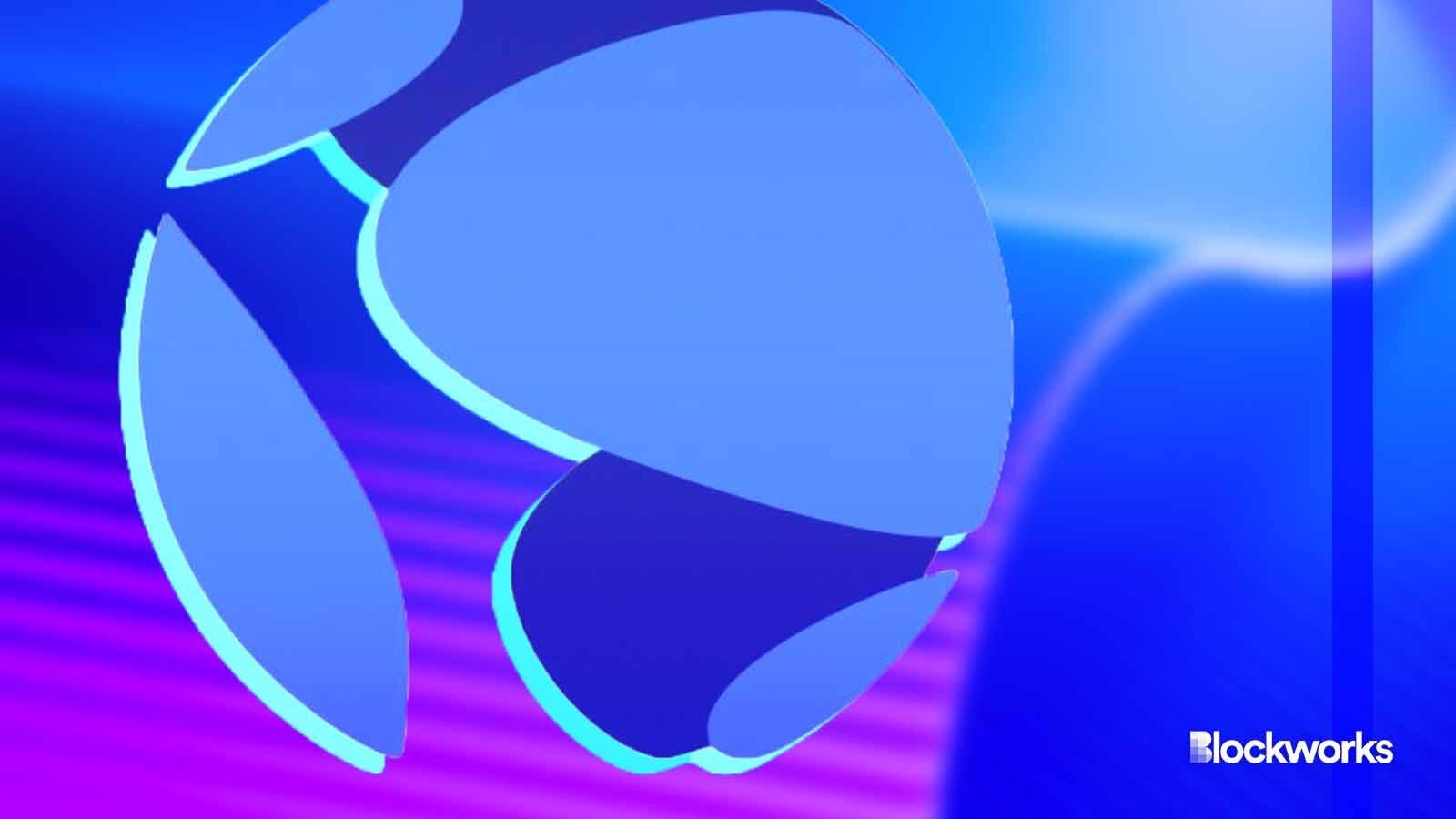Where things stand: The SEC vs Do Kwon and Terraform Labs
Both the SEC and the defendants have pushed for summary judgments — albeit for different reasons

Terra and Neeqolah/Shutterstock modified by Blockworks
Terraform Labs and former CEO Do Kwon remain locked in a legal battle with the US Securities and Exchange Commission over the now-infamous depeg and collapse of the stablecoin UST.
The lawsuit was filed back in February, less than a year after the depegging triggered a domino effect for crypto firms. UST’s collapse led to multiple bankruptcies and exposed the weaknesses within FTX’s now-failed exchange empire.
Yet — as evidenced by the trial of former FTX CEO Sam Bankman-Fried — both FTX and Alameda were in trouble prior to the depegging.
The SEC’s lawsuit isn’t the only one that Kwon faces. Kwon was indicted in March by a grand jury on fraud charges — including wire fraud, securities fraud and commodities fraud. South Korean authorities also issued a warrant for his arrest in October of last year.
Kwon faces possible extradition to either the US or South Korea after fulfilling a four-month sentence in Montenegro.
The Terraform Labs founder was initially denied an appeal by the Montenegrin high court following a March arrest for forging travel documentation. But new reporting from the South China Morning Post indicates that the High Court has cleared the path to extradition, leaving it up to government officials to decide where Kwon will ultimately be sent.
Read more: Jump Crypto president pleads the Fifth when asked about alleged Do Kwon bribe
Both the SEC and Terraform have filed motions seeking a summary judgment, which would avoid the case proceeding to a full trial. The motions come after an October deadline for discovery, or the process of obtaining information ahead of a trial.
In the SEC’s motion, the regulator claimed that Terraform and Kwon “struck a secret side-deal with a third party to push UST back up to $1, in exchange for selling that party LUNA at dramatically reduced prices.”
The name of the third-party was redacted from the public filing.
The SEC also claimed that Terraform offered unregistered securities, a claim the regulatory agency has made against other crypto companies, including Binance, Coinbase and Ripple.
However, a decision handed down in the SEC’s case against Ripple may have weakened the claims — at least, that’s the argument Terraform’s counsel attempted to make earlier this summer.
After a judge ruled that Ripple’s programmatic sales did not constitute securities offerings, Terraform filed a motion to dismiss, claiming that the ruling confirmed “the legal insufficiency of the SEC’s argument that UST, LUNA, wLUNA, MIR and mAssets were securities because of the way they were allegedly sold.”
Read more: Do Kwon deposition in the US is ‘impossible,’ lawyers argue
Judge Jed Rakoff, who’s overseeing the case, failed to agree however. In a 50-page opinion, Rakoff denied the motion and gave an interpretation of the Howey test — the test used by the SEC to determine what constitutes a security — at odds with the interpretation from Judge Analisa Torres, who oversaw the Ripple judgment.
“Simply put, secondary-market purchasers had every bit as good a reason to believe that the defendants would take their capital contributions and use it to generate profits on their behalf,“ Judge Rakoff ruled in late July.
The SEC, in its request for summary judgment, argued that Rakoff should issue a ruling without going to trial because there’s “no genuine dispute as to any material fact.”
Read more: ‘Of course Kwon is welcome back,’ says Terra interim CEO
Terraform and Do Kwon made the same argument in their motion for summary judgment, albeit for the opposite reason.
“After two years of investigation, the completion of a discovery period that resulted in the taking of more than 20 depositions, and the exchange of over two million pages of documents and data, the SEC is evidentiarily no closer to proving that the Defendants did anything wrong,” lawyers for both Kwon and Terraform asserted at the end of October.
Rakoff, however, in his denial of the aforementioned dismissal asserted that the SEC made both “factual allegations” and “asserted a plausible claim.”
The judge has yet to issue a decision on the summary judgments requests.
Get the news in your inbox. Explore Blockworks newsletters:
- The Breakdown: Decoding crypto and the markets. Daily.
- 0xResearch: Alpha in your inbox. Think like an analyst.






